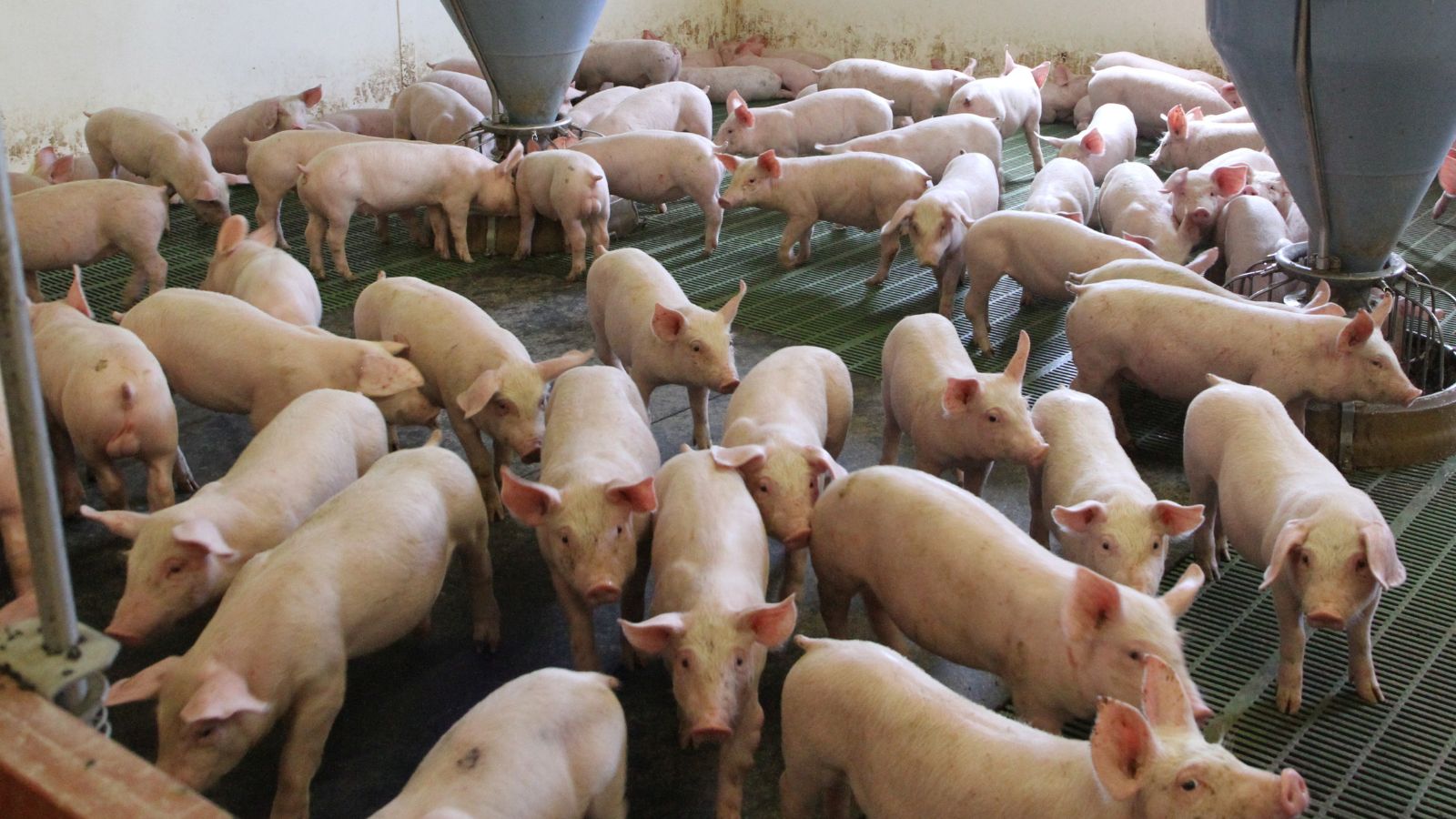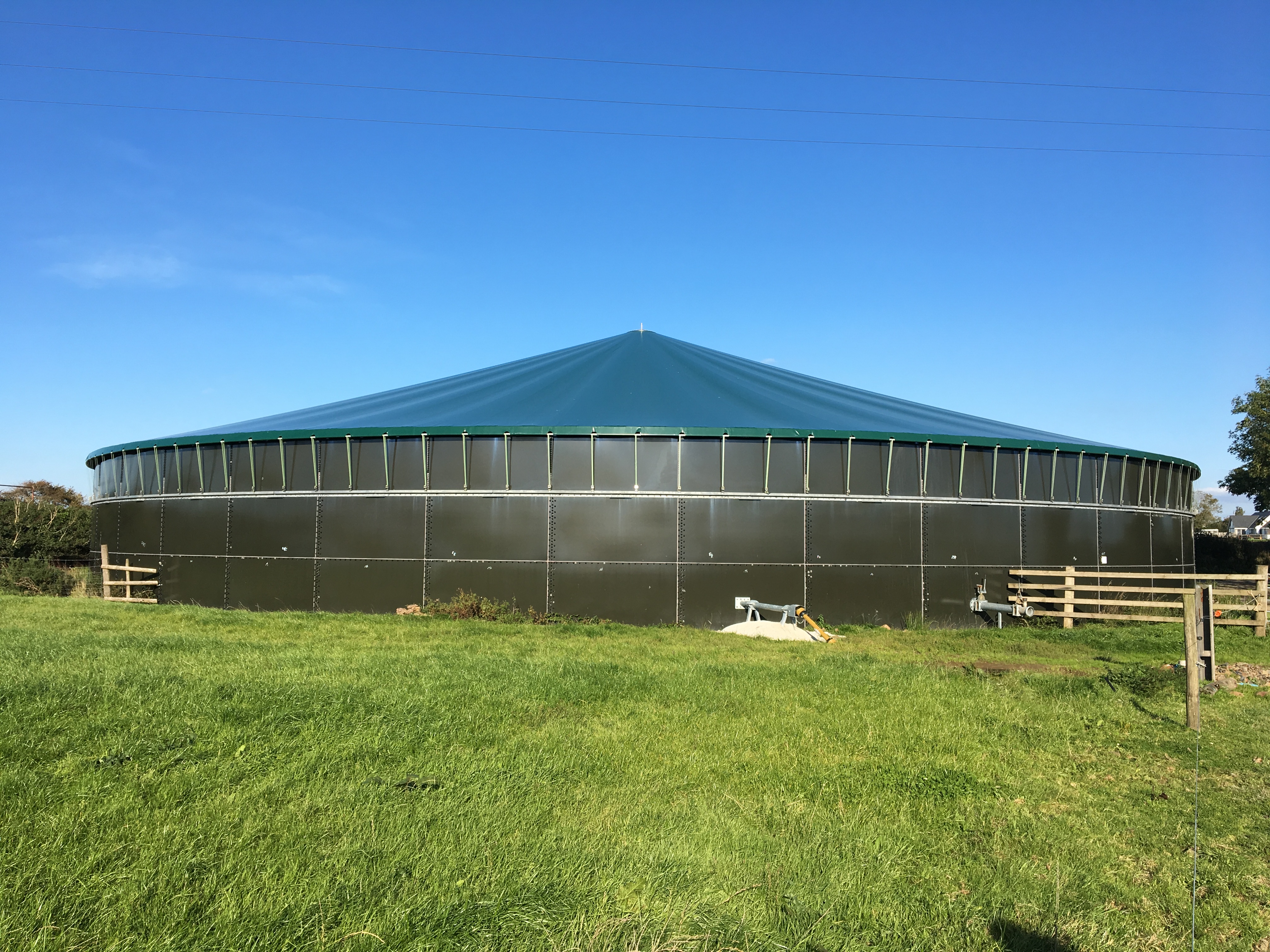- Home
- Knowledge library
- Developing a Circular Economy for UK Pig Production through Green Ammonia (PigProGrAm)
Developing a Circular Economy for UK Pig Production through Green Ammonia (PigProGrAm)
Summary
Agriculture is a major source of ammonia emissions, which can impact negatively on biodiversity through nitrogen accumulation on land and acidification of water courses. This project considered various aspets of pig production, including feed, to help create a more sustainable livestock industry in the UK.
The research has brought farming and engineering expertise together to demonstrate a farm-focused solution for harvesting green ammonia from pig waste, reducing ammonia emissions.
In addition, the byproduct from the process creates a resource that can be used in several ways, such as producing a high-quality fertiliser as well as potentially generating hydrogen – a valuable tool in the fight against climate change.
The technology and findings can now be taken on board by the wider industry and implemented on a larger scale.
The final report and findings will be available in due course.
The project team consisted of a consortium of industry leaders:
- The Agriculture and Horticulture Development Board (AHDB)
- Beta Technology
- The University of Leeds
- Duynie Feed
- A commercial pig unit in North Yorkshire
- Membracon
This project received funding from the Government’s Farming Innovation Programme, which supports ambitious projects to transform productivity and enhance environmental sustainability in England’s agricultural and horticultural sectors, while driving the sectors towards net zero.
The funding was delivered by Defra in partnership with UK Research & Innovation (UKRI).
Read more about the project in this article: Mitigating ammonia emissions – reduction priorities and practical on-farm solutions



